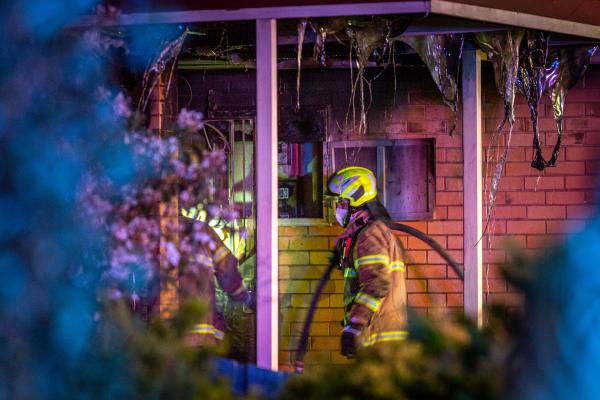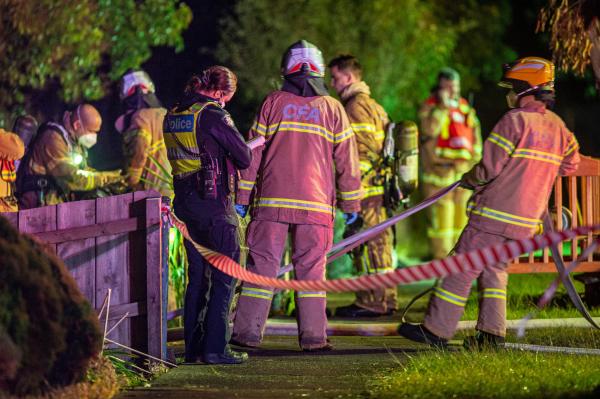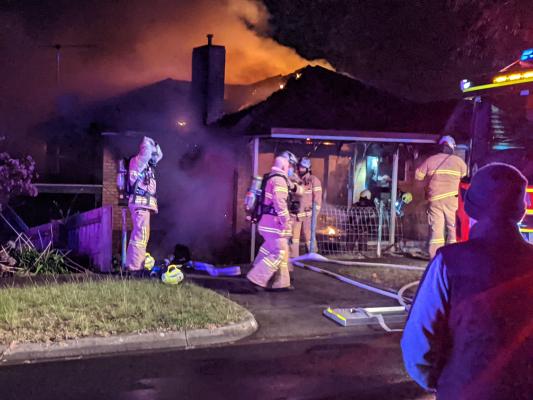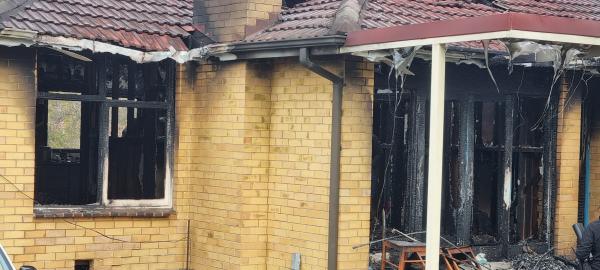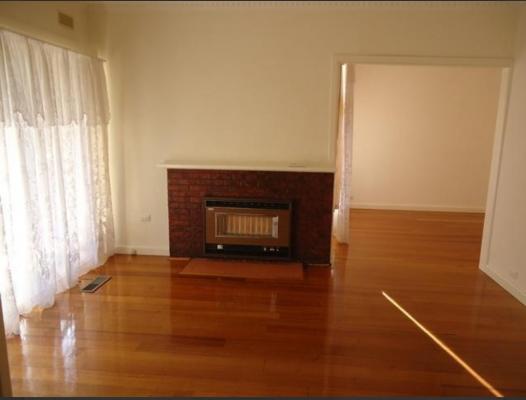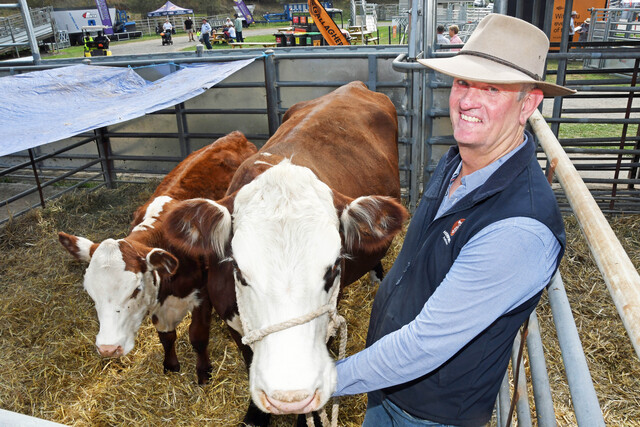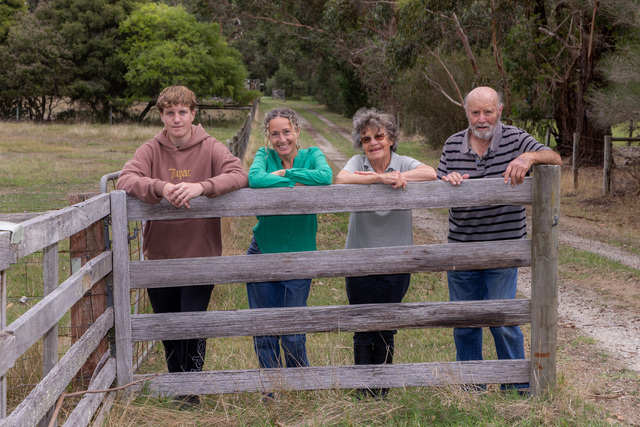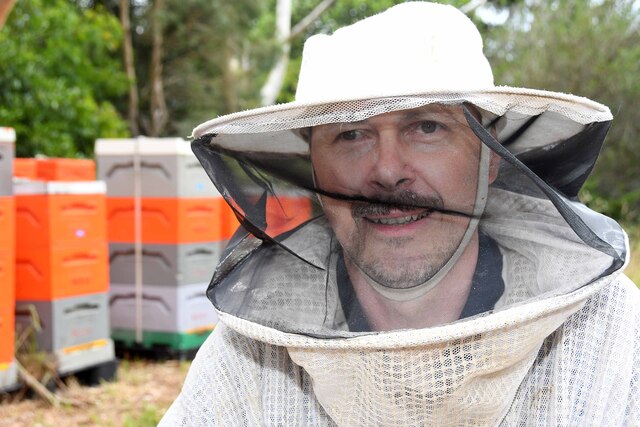A tragic housefire that killed a four-year-old boy in Dandenong has highlighted sub-standard rental properties in the area, support groups say.
Rithish Kirushnaneethan died despite desperate attempts to rescue him from his bedroom as his family home in Leonard Street was engulfed in flames about 10pm on Sunday 25 July.
The cause of the fire has yet to be confirmed but Victoria Police believe it is “non-suspicious”. The matter has been referred to the State Coroner.
Friends close to the family say they believe a wall gas heater in the lounge room and possible gas leak may have been involved in the fire.
The privately-rented home reportedly did not have an installed smoke alarm – which legally must be fitted by rental providers.
Rithish’s mother recently told Seven News that she’d requested a smoke alarm but was told it couldn’t be yet installed due to Covid restrictions.
According to a 2020 real estate listing, the home offered gas duct heating.
The family allegedly moved in – and then quickly moved out – of a slum apartment block in Stud Road, Dandenong after arriving from Perth a month ago.
They moved into the Leonard Street house two weeks before the fire.
Springvale Benevolent Society president Joe Rechichi said dozens of asylum seeker families were living in “the most deteriorated places for rent”.
He described a home he visited last week as one of “many death traps”. Many of the homes were privately rented.
“A young lady said she couldn’t open the front door from the inside and signalled me to give it a push open.
“There’s her baby and some relations there. Can you imagine a fire there? There’s no escape whatsoever.”
There were instances of several asylum-seeker families with several children sharing a house – an entire family occupying each bedroom, he said.
They did so out of necessity due to little or no income. They don’t request maintenance fixes out of fear that the rent will go up, Mr Rechichi said.
“The availability of affordable places aren’t great. Some of them are unfit to rent.
“I don’t know who, but someone has to come out and look at these places.”
Southern Migrant and Refugee Centre deputy chairperson Wicki Wickiramasingham agreed some private owners were reluctant to spend money on their houses.
And that they exploited asylum seekers’ reluctance to complain.
He said many rental properties to asylum seekers were sub-standard in Dandenong and Doveton.
Some lacked heating at all, he said.
Wayss chief executive Liz Thomas said asylum seekers confront issues that are “all too common” for people on very low incomes looking for “safe, secure housing” in the South East.
“The real problem is lack of affordable, suitable housing options, especially multi-bedroom homes for larger families.
“There is also very little emergency accommodation for families.”
Their situation was made worse by Covid-19’s impacts. In the case of asylum seekers, they did not qualify for some government payments.
Due to their fear of being identified and deported, they were less likely to ask for support, Ms Thomas said.
“This can lead to people managing in whatever way they can, which can include living in overcrowded dwellings, in substandard conditions.”
In recent years, there has been a State-run campaign warning of dangers from old wall gas heaters.
It states such heaters should be serviced and tested every two years, due to the perils of carbon monoxide heaters.
Rental provider must ensure a gas safety check of all gas installations and fittings every two years.
They must also provide the renter with the date of the most recent safety check, in writing, on the request of the renter.
A Victorian Government spokesperson said rental providers must ensure properties meet minimum standards.
The same applies for rooming house operators – who face fines of more than $27,000 for an individual and more than $136,000 for a body corporate.
The State Government provides funding to support asylum-seekers at risk of homelessness with rent arrears, advances, short-term rent subsidies and bond loans.
New arrivals are also eligible for crisis accommodation.


